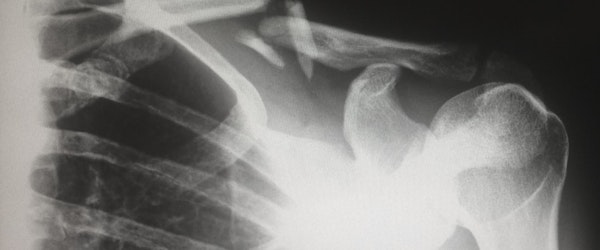
Unveiling New Insights into Workers’ Compensation Patient Care
Thursday, December 28th, 2023 Education & Training Life & Health Risk Management Workers' CompensationDr. Gerry Stanley of Harvard MedTech and Dr. Adam Seidner of The Hartford challenge conventional assumptions about workers’ compensation patients in their white paper, "Is Workers’ Compensation Driving an Epidemic of Healthcare Outcomes Disparity?" This analysis, based on two large studies from The Journal of Neurosurgery: Spine, compares lumbar and cervical spine surgery patients in commercial health and workers’ compensation systems.
The studies, including over 36,000 cases, reveal that workers’ comp patients generally fared worse post-surgery, despite being younger, healthier, and having fewer medical comorbidities than their commercial counterparts. This contradicts prevailing beliefs about workers’ comp patients, raising questions about the reasons behind their poor recovery outcomes.
Seidner and Stanley suggest that the discrepancy lies in the management of psychosocial risk factors in compensation cases. Issues like fear avoidance, perceived injustice, and catastrophic thinking (termed "yellow flags") play a significant role in recovery. Effective management of these factors, including health coaching and expectation management, is crucial for improving outcomes.
Financial aspects also contribute to these disparities. In workers’ comp, the employer bears the entire cost of treatment, unlike in commercial health insurance where patient co-pays create a financial incentive for recovery. This difference in financial investment might impact patient motivation and recovery expectations.
Both experts emphasize the importance of integrating psychological components into workers’ comp claims. They cite the biopsychosocial model of care, commonly used in the VA and DOD, as a more effective approach compared to the biomedical model prevalent in workers’ comp.
Anticipating future changes, Seidner and Stanley foresee a shift towards a healthier workforce and the need to address issues like substance use and social determinants of health. They advocate for a holistic approach that considers not just the physical but also the psychological and social aspects of workers’ compensation cases.
Their analysis, along with a related study to be published in the journal Spine, underscores the need for a paradigm shift in how workers’ compensation patients are treated.





